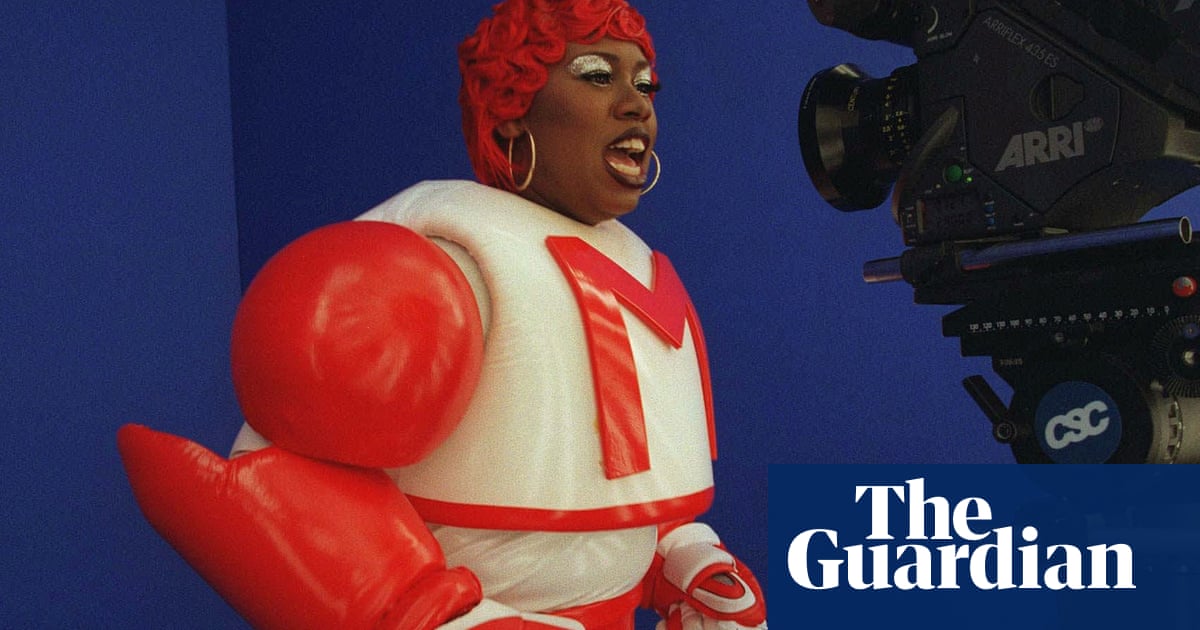
The term “involuntary celibate”, or incel for short, used to describe somebody who isn’t having sex but would like to be, was first coined by a young woman named Alana in the mid-1990s. The small, supportive, mixed-sex community she created online is a world apart from the extremist, hate-fuelled ideology it has transformed into in the many years since she left those online spaces behind. “It feels like being the scientist who figured out nuclear fission and then discovers it’s being used as a weapon for war,” she later told the Guardian.
Today’s incels are not a clearly defined, organised group, but rather a sprawling, disparate community of men across a network of blogs, forums, websites, private members groups, chatrooms and social media channels. Several of the forums have memberships in the tens of thousands, with around a 25% increase in membership in the two years I have been researching them. And these figures don’t take into account the number of people visiting and being influenced by these sites without necessarily signing up.
Incels subscribe to a transnational ideology characterised by white male supremacy, oppression of women and the glorification and encouragement of male violence. Seeing themselves as perpetual victims oppressed by a “feminist gynocracy”, they believe that sex is their inherent birthright as men, and that rape and murder are appropriate punishments for a society they perceive as withholding sex from them.
The transformation of Alana’s benign self-help community to today’s extremist ideology is in part a result of the environment in which those forums were created. The early Usenet forums were dominated by white men, who grew uncomfortable with the third wave feminist movement. More recently, social media algorithms have led young men to encounter increasingly extreme content. Concepts such as evil women controlling men’s lives or rape being the natural end product of “depriving” men of sex are filtered through viral YouTube videos and memes, appearing across the sites that wallpaper young people’s online environments.
The more frequently they see misogynistic content, the less shocking it seems. After viewing one video, or liking one post, social media platforms feed more content, often more extreme in nature, to users with the aim of maintaining and monetising their attention spans.
Today’s incels are also experts at finding and recruiting young men online. They do not depend on boys coming to them: indeed, many young men I meet whose ideas reflect this ideology have never actually heard of the term “incels”. They are groomed over computer headsets, in gaming strategy chatrooms, via viral videos and funny memes. They are targeted on bodybuilding forums, where extremists know they will find a self-selecting group of boys already anxious about societal notions of tough, traditional masculinity. They find boys where they are most ripe for exploitation, and unless we recognise this for the radicalisation it is, we will not be able to tackle it effectively.
You cannot entirely separate incel extremism from the everyday sexism that is rife in our society. Not everybody is in favour of forcing women into sexual slavery, but a significant portion of the British public believe that women are fully or partially to blame for their own rapes if they were drunk or flirting. These things are connected. The normalisation of low-level sexism and sexual harassment makes extremist misogyny seem more acceptable to young people when they happen across it online. Mainstream media speculation about whether #MeToo is a “witch hunt” and headlines about “henpecked husbands” who snap and kill their partners help to legitimise even more extreme beliefs.
It is easier to slip into the clutches of an online group portraying white men as the real oppressed victims of society when high-profile figures are contributing to the portrayal of feminists as a hate group bent on terrorising men. Extremists celebrate this kind of mainstream content as they believe it widens the “Overton window” of publicly acceptable discourse, thus making their own ideas appear more reasonable as a result.
We can count the numerous men who have been radicalised into incel ideology before committing mass killings, such as Elliot Rodger and Alek Minassian in north America. In the UK, Jake Davison, who shot five people dead in Plymouth, including his mother, shared misogynist views on incel forums. But we have no way of measuring how many have come into contact with this ideology before going on to murder a partner, or rape a woman. We can’t quantify how many of the boys harassing, sexually assaulting and raping girls in UK schools have been influenced by incel ideology and other forms of misogynistic extremism.
Incels may not be an organised group, but their online influence is far more widespread than we might like to think. If those at the most extreme end of the spectrum of radicalisation are carrying out massacres, it is not unrealistic to raise the concern that others may be carrying out smaller acts of violence and misogyny in their daily lives. “I enjoy walking behind women in the parking garage after work,” wrote one incel, on a forum I was investigating. “The sheer terror gives me a massive erection.”
This is not just about how we respond when acts of mass violence occur. It is about whether we are prepared to continue to allow a movement dedicated to violent hatred to flourish in our society. As long as we fail to recognise it as a form of extremism, women and girl’s lives will continue to be affected. Perhaps in numbers far greater than we realise.
Laura Bates is the founder of the Everyday Sexism Project, a collection of more than 80,000 women’s daily experiences of gender inequality












